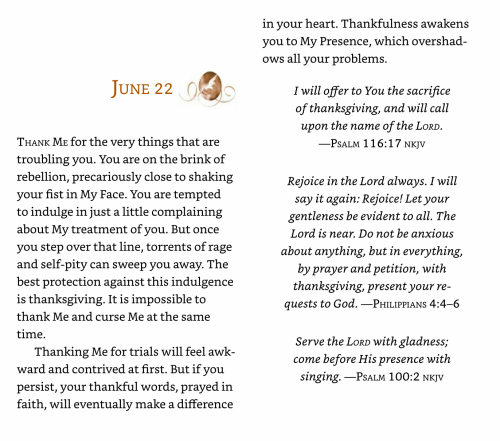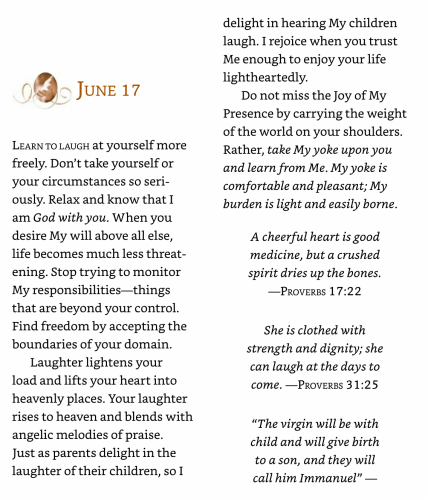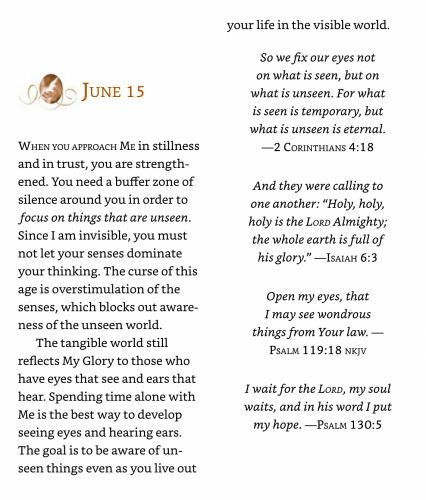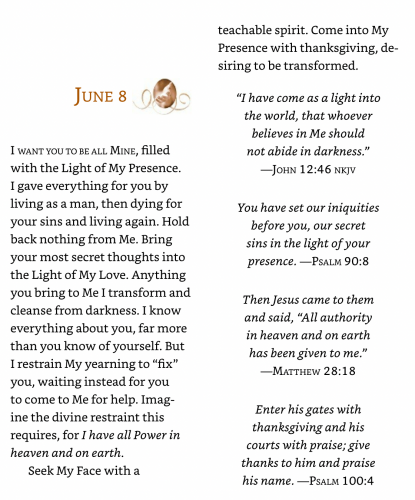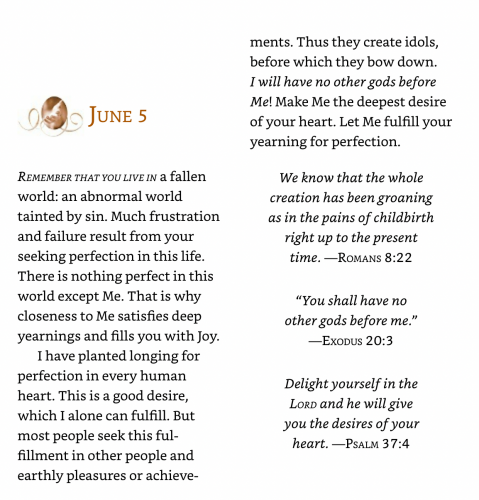We all have a yearning to be known by each other and by God. Professor and spiritual director Ruth Takiko West uses Jesus’ question, “Who do you say that I am?” as a model for our deepest spiritual questioning.
“Who do you say that I am?” is a central question of Jesus in the Gospel of Mark, as he helps the disciples clarify their relationship to and with him. It is also a crucial question for Jesus in his own identity clarification. We note the progression of questions: who do people say that I am, who do you say that I am, and, in Matthew’s Gospel, who do people say the Son of man is? Each of these questions goes to the heart of every Christian’s, or dare I say every person’s, longing for a connection to the Divine, to their deepest self, and to the world they live in. . .
[1] There is an inherently cyclical interrelationship between yearning for the presence of Spirit and learning what and who we are in the presence of Spirit. In the Christian tradition, Jesus asks his disciples, “Who do you say that I am?” He is emphasizing that despite what the crowd might be saying about him, it is imperative that they know who he is. It is equally important that we know who Jesus, God, or the Spirit is for us. Our personal beliefs lead us to yearn to know more about our unique relationship to the Divine. This awareness becomes the foundation upon which our spirituality is built. Our questions about who God is lead us to simultaneously ponder our own significance to Spirit.
Because Jesus taught by modeling, we follow his example and ask God, “Who do you say that I am?” Because we are the imago Dei (image of God), I believe God would say that we are God’s Beloved, fearfully and wonderfully made. It is important to consider what we might know about ourselves and how we interact or respond in the ways we do, or what we perceive or believe about our own faith, theology, and identity.
As we endeavor to live fully into this notion of belovedness, we must be introspective and self-aware, carefully uncovering and discovering our most authentic selves while staying connected to Spirit, utilizing the resources of prayer and other spiritual practices. This is the basis of how we live out our spirituality.
As we look in the mirror and at each other and Creation, once more we ask ourselves, “Who do you say that I am?” How might we represent the Holy in the world? How do we interact with each other and Creation? . . . We must be mindful to revere the Holy in our neighbors—to share our stories about God’s goodness and grace, companionship and love in the hopes of becoming the community that God has intended.
___________________________________________
LET MY LOVE STREAM THROUGH YOU, washing away fear and distrust. A trusting response includes Me in your thoughts as you consider strategies to deal with a situation. My continual Presence is a promise, guaranteeing that you never have to face anything alone. My children teethe on the truth that I am always with them, yet they stumble around in a stupor, unaware of My loving Presence all around them. How that grieves Me! When you walk through a day in trusting dependence on Me, My aching heart is soothed. Gently bring your attention back to Me whenever it wanders away. I look for persistence—rather than perfection—in your walk with Me.
PSALM 52:8; But I am like an olive tree flourishing in the house of God; I trust in the loving devotion of God forever and ever. But I am like an olive tree flourishing in the house of God; I trust in God’s unfailing love for ever and ever.
DEUTERONOMY 31:6; Be strong and courageous. Do not fear or be in dread of them, for it is the Lord your God who goes with you. He will not leave you or forsake you.”
EPHESIANS 4:30; And do not grieve the Holy Spirit of God, in whom you were sealed for the day of redemption. And do not grieve the Holy Spirit of God, with whom you were sealed for the day of redemption. And do not bring sorrow to God’s Holy Spirit by the way you live.
Young, Sarah. Jesus Calling Morning and Evening Devotional (Jesus Calling®) (p. 360). Thomas Nelson. Kindle Edition.
